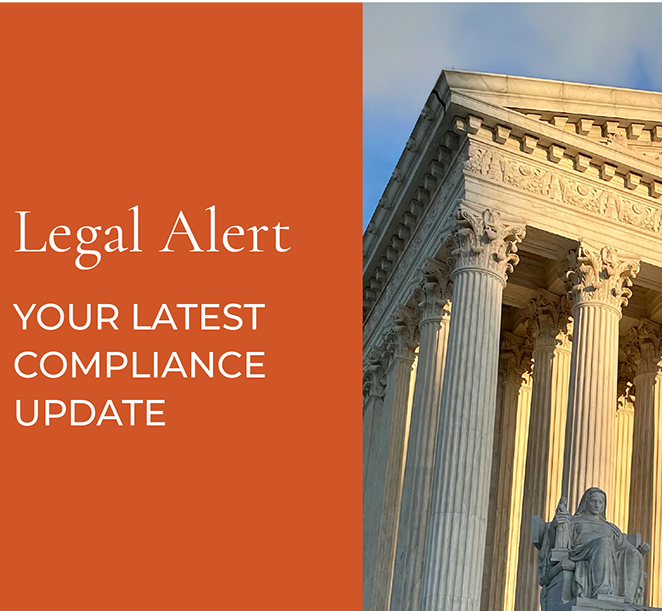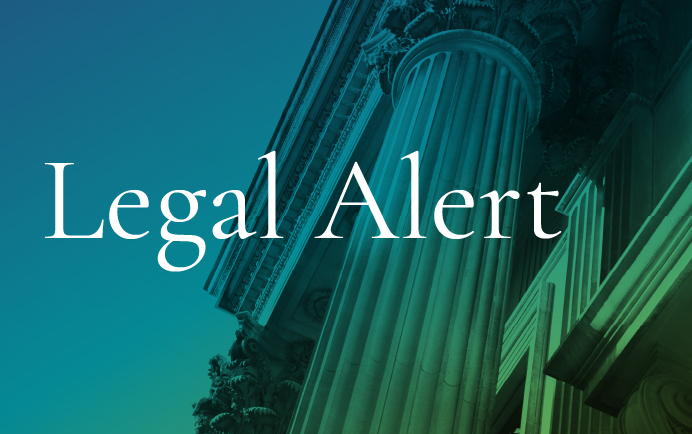Random FMLA Audits Loom: Prepare Yourself
If you are an employer with 50 or more workers, you’re probably aware of the Family and Medical Leave Act (FMLA). You might be fairly confident that your practices and procedures comply with current federal laws and regulations; or perhaps it’s an area of compliance that has slipped under your radar due to happy employees and zero complaints. However, as the U.S Department of Labor (DOL) begins to take a far more aggressive approach in its investigations and audits, you might want to refocus your efforts in preparation of a potential shake-down.
The DOL has always had the authority to conduct FMLA audits, however in the past these audits were usually triggered by employee complaints or some other red-flag from within the company. Recently, the DOL has been initiating more audits on its own. Random, unannounced audits are on the rise and if you aren’t prepared you could end up facing hefty fines, settlements and penalties.
If the thought of investigators showing up at your company unannounced makes you a little weak at the knees, you might want to brace yourself for further changes in how the DOL approaches these audits. The DOL could look back at historic leave and scrutinize procedures at several locations, instead of concentrating on a specific complaint or violation. With such a wide net being cast, it’s vital that you’re ready for an intense and extensive systematic investigation at any given time.
Preparing for an FMLA audit
- Make sure your leave policies and procedures are up-to-date and comply with federal requirements.
- Create and maintain documents showing your compliance. Keep these easily accessible.
- Have an FMLA policy that is an accurate reflection of how you administer family and medical leave.
- Train managers on FMLA policy. Failing to train your managers properly is a common mistake that could land you in hot water. Make sure your managers are equipped to recognize when employees may be eligible for FMLA leave.
- Display the DOL’s current poster prominently in your workplace.
- Keep all FMLA documentation for a minimum of three years. Information and documents that may be requested include:
- Dates of FMLA leave taken by eligible employees.
- Hours of FMLA leave taken by eligible employees, if leave is taken in increments of less than one full day.
- Copies of employee notices of leave furnished to the employer.
- Copies of all written notices given to employees as required under FMLA.
- Documents describing employee benefits or employer paid and unpaid leave policies and practices.
- Premium payments of employee benefits.
- Records of disputes between the employer and the employee regarding FMLA.
As the old adage goes; failing to prepare is preparing to fail. In this instance, failure means fines, settlements and penalties. Don’t be left ruing your complacency!





